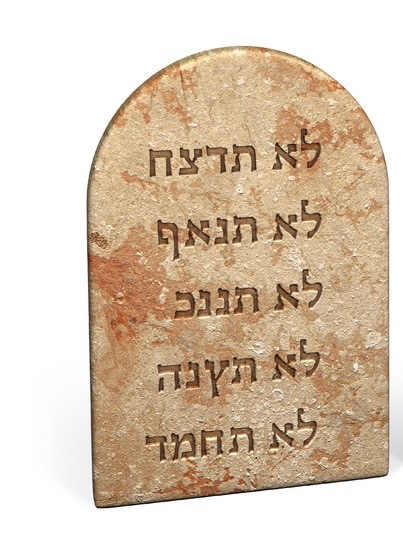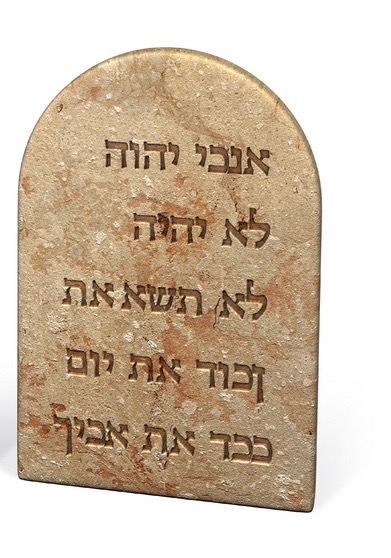Week 6 – Bible Blog! (Lev 14 – Numbers 2)
Welcome Back to the Bible Blog!
Six weeks and counting…counting…counting… Why do they call this book Numbers?
Well, if you’re like me you may have trouble reading Leviticus. It may be difficult to understand and overwhelming in its detail. However, as I read my Bible more often and read the words of Jesus and His disciples and early followers, I see the traces of Leviticus in their actions and arguments. Actually the heart of God does begin to come through in Leviticus as I understand Him better.
Still, there may be questions arising in your head when you encounter Leviticus, such as, “How do we know when to take the words in the bible literally and when not to?“
I think the notes in the ESV Study Bible (2008 Crossway Books, pg. 213) describe it best.
“The book of Leviticus is concerned with what it means to be the holy people of a holy God: it provides instruction for conduct, both in private and as members of the body of God’s people, and it details the ways in which the sacrifices and priesthood are to be administered as God’s gracious provision for his people’s failures. Without doubt, the death and resurrection of Jesus Christ is the culmination of salvation history, according to which he fulfilled the goals of the various offerings, the holy objects, the role of the chief priest, and the holy feasts. He also, by his resurrection, entered into his Davidic kingship and has initiated the era in which the people of God include the Gentiles and are no longer defined as a nation-state. Because of this, Christ’s atoning work made obsolete the literal observance of not only the animal sacrifices and offerings, but also the temple worship as a whole.
But as long as believers continue to bear their sinful nature (which they do until they die), the atoning grace of Christ does not make Leviticus irrelevant to NT believers, since principles can still be learned from the underlying laws in this book. In fact, NT writers such as the apostles Paul and Peter employ language taken from Leviticus in their exhortations to believers to follow Christ (e.g., offerings, the tabernacle, priesthood, and feasts). NT authors use the burnt offering (1Peter 1:19), sin offering (e.g., Romans 8:3; Hebrews 5:3; 13:11; 1Peter 3:18; 1John 2:2; 4:10), and guilt offering (possibly 1Corinthians 15:3, using Isaiah 53:10) to explain what Jesus accomplished on the cross, and the peace offering to explain the Christian Lord’s Supper (1Corinthians 10:16-18). Thus the book of Leviticus serves as a constant reminder of the person and work of Jesus Christ and challenges believers to apply his gospel.”
Makes you want to read Leviticus again, doesn’t it?
The book of Numbers starts off with a census. We typically do them every 10 years, but counting (or “numbering”) Israel wasn’t a regular thing for the Israelites. Notice that God commands Moses to do this only 13 months after the Exodus. If you read carefully you’ll notice that God only commands him to count the males, the heads of the families, from 20 years old and older. So how many does that leave out? If you figure that the ratio of women to men is roughly 50:50 and that there were surely numerous children in each family, you can imagine just how numerous Israel really was.
So why the census and why this methodology? Well some theologians believe there were two purposes to the census: (1) to demonstrate the fulfillment of the promise to Abraham that his descendants would be as numerous as the sand on the seashore (Gen 22:17); and (2) to count the number of men over 20 years old who could fight. Both considerations should give the people confidence in their battle for the land.
SPOILER ALERT: This initial generation of Israelites grumbles and complains and exhibits such a gross lack of faith that God punishes them by refusing to allow them to enter the Promised Land. Instead they must wander the wilderness for 40 years until the next generation has grown up to be able to take the Land. So in chapter 26 we’ll encounter another census of Israel. This time the census is concerned with the number of able fighting men, but perhaps more importantly there is a focus on each of the families (or clans) so as to be able to properly divide the Promised Land for each of the tribes of Israel to inhabit. With all of the “numbers” is there little doubt why this book was entitled Numbers?
Today, we are almost half way through to Easter!!! How are you doing with your reading plan? Are you keeping up? There is still time to catch up if you are not. As you prepare your hearts and minds to celebrate Jesus’ substitutionary, sacrificial death on the cross for you and me, and His subsequent resurrection from the dead, think through Leviticus again and how all of Scripture points to Him.
As always, if you have questions or comments, leave them in the blog…
Let’s hear from you!
[Blog rules/protocol can be found in the Week 2(&1) blog…]



